Mozambique: MozYouth and INEP partnership set to strengthen youth skills and employment ...
Mesquita urges Japanese businesspeople to invest in Mozambique
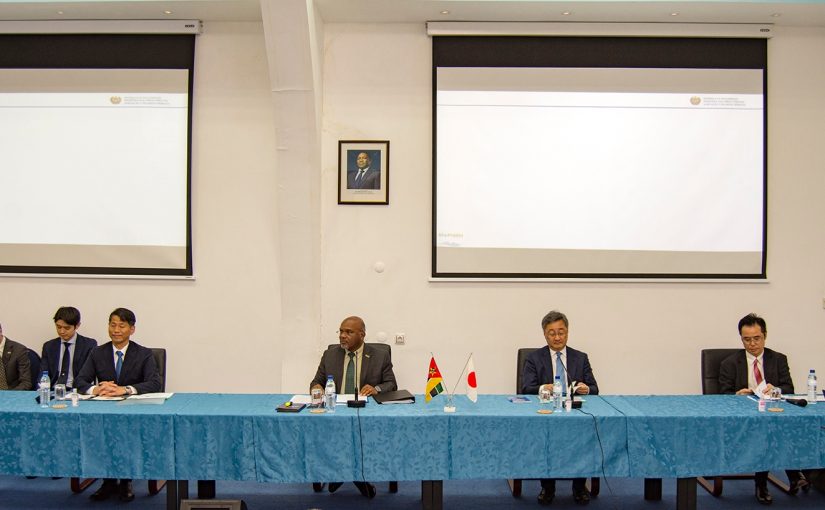
All photos: Ministério das Obras Públicas, Habitação e Recursos Hídricos-MOPHRH
Mozambique’s Minister of Public Works, Housing and Water Resources, Carlos Mesquita, held a meeting in Maputo on Wednesday with Japan’s Minister of State for Foreign Affairs, Kenji Yamada, who was accompanied by a group of 50 businesspeople from Japan, 25 of them representing companies interested in investing in Mozambique.
At the meeting, Minister Mesquita spoke of Mozambique’s competitive advantages in relation to other countries in the region, as well as the business opportunities of interest to the Japanese private sector that it offers.
“We privilege the private sector because we know what it represents for the development of our country,” the minister said. “Therefore, I can say that you came at the right time. We would like to see more Japanese companies starting or continuing their businesses in our country. I know that there are some companies linked to the oil and gas sector, but we want others in transversal areas of our development.”
Dams
Carlos Mesquita also referred to the well-justified need to build water resources retention and management infrastructure, given the fact that the country suffers cyclically from floods during the rainy season.
“If we look at its geographical position, Mozambique has the sea and the hinterland. So, the tendency of the waters is to leave upstream and pass through Mozambique towards the sea, so we need infrastructure to retain and manage these waters, because water is fundamental for development,” he explained.
The country therefore needs to build more dams, the minister said, given that the current ones are able to retain only 21% of the average annual flow of water.
“We have these dams well identified on the map, and they will serve for agricultural irrigation, fish farming, tourism, industries and power generation to face the deficit in the region,” Mesquita said.
Roads, housing
Another sector the Minister of Public Works, Housing and Water Resources referred to is roads, which, in addition to meeting the needs for interconnection, have the advantage of serving the hinterland countries, which use the various transport corridors to arrive at national ports.
In another development, Minister Mesquita pointed to the housing sector as particularly attractive to Japanese investors, especially given that the Mozambican population is mostly made up of young people.
“There is a potential market for the construction of various types of houses. We have several projects, which we can share. You could invest in these building houses and then sell them to that population that needs housing,” the minister suggested.
For his part, the Japanese Minister of State for Foreign Affairs, Kenji Yamada, reiterated his country’s eagerness to cooperate with Mozambique in various areas, particularly those of common interest.
“Mozambique and Japan have a lot in common. Like you, we also suffer from natural disasters, and we overcome them. In this area we can cooperate,” said Kenji Yamada.
“Mozambique has one of the largest reserves of Liquefied Natural Gas (LNG), along with mineral and energy resources, geographical advantages, and much more. That’s why we’d like [Mozambique] to leverage the strengths of Japanese companies to make better use of the resources it has,” he concluded.
メスキータ公共事業・住居・水資源大臣と会談しました。 pic.twitter.com/8WXYuqMHFo
— やまだ賢司 (@Ymd_Knj) May 3, 2023


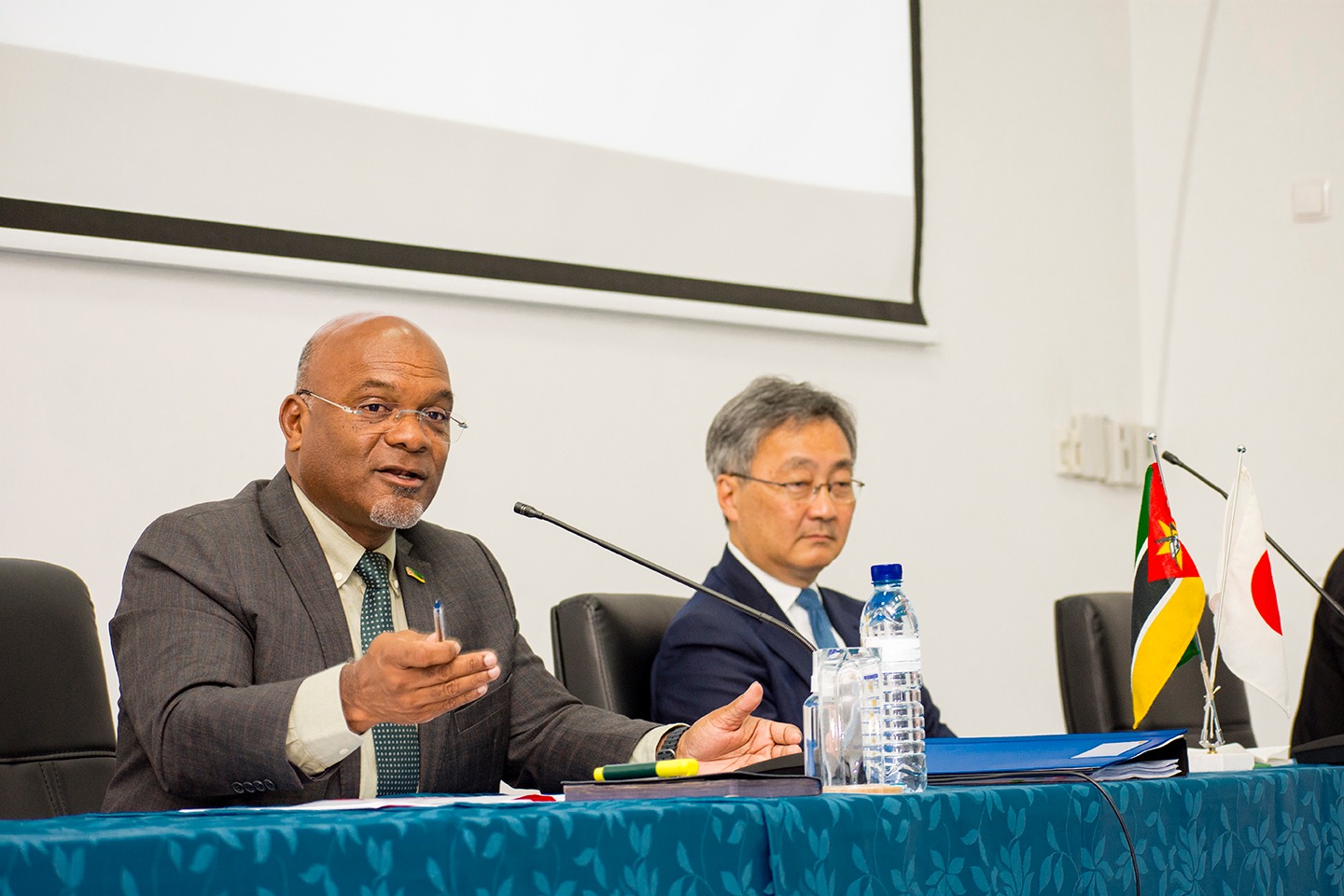
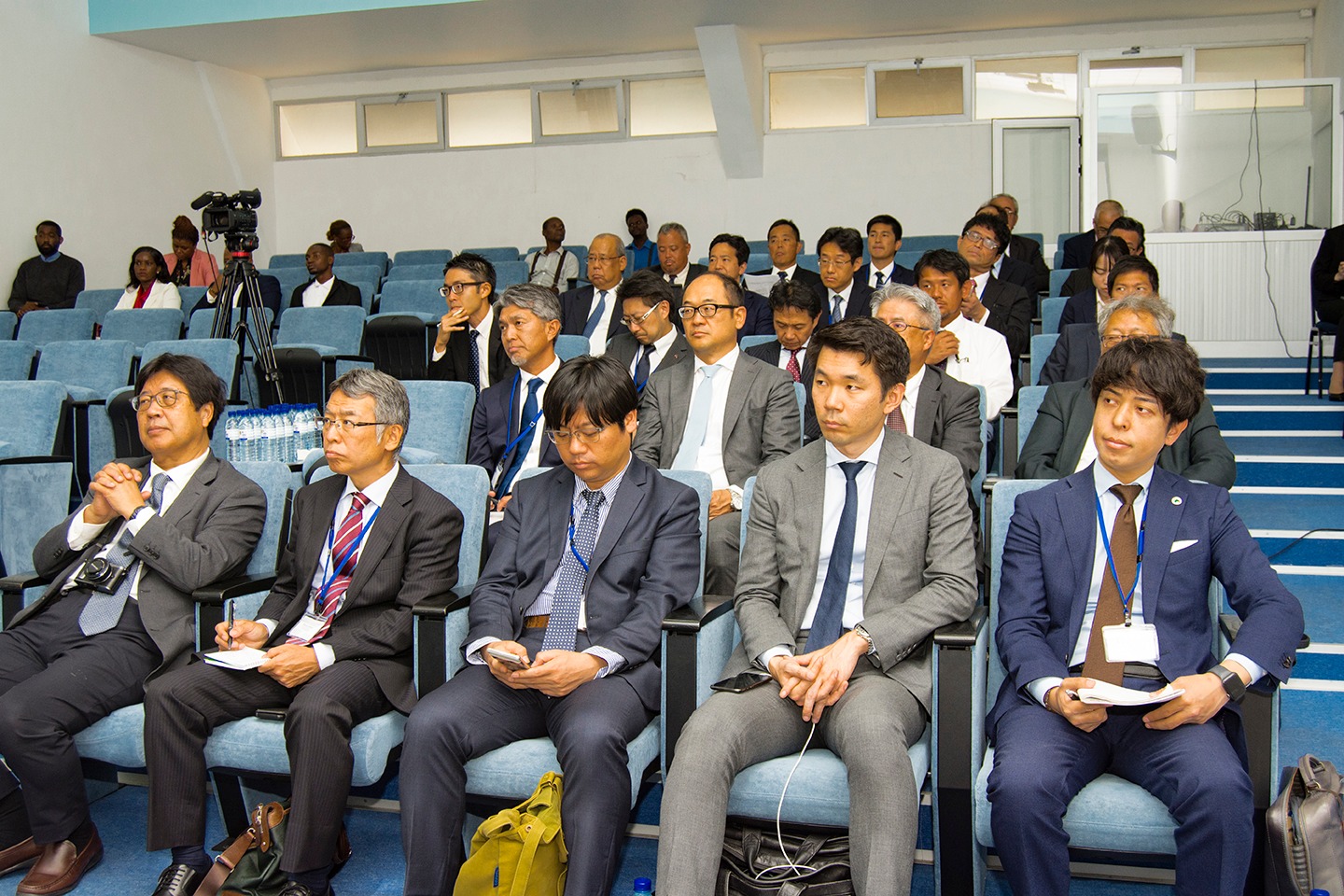
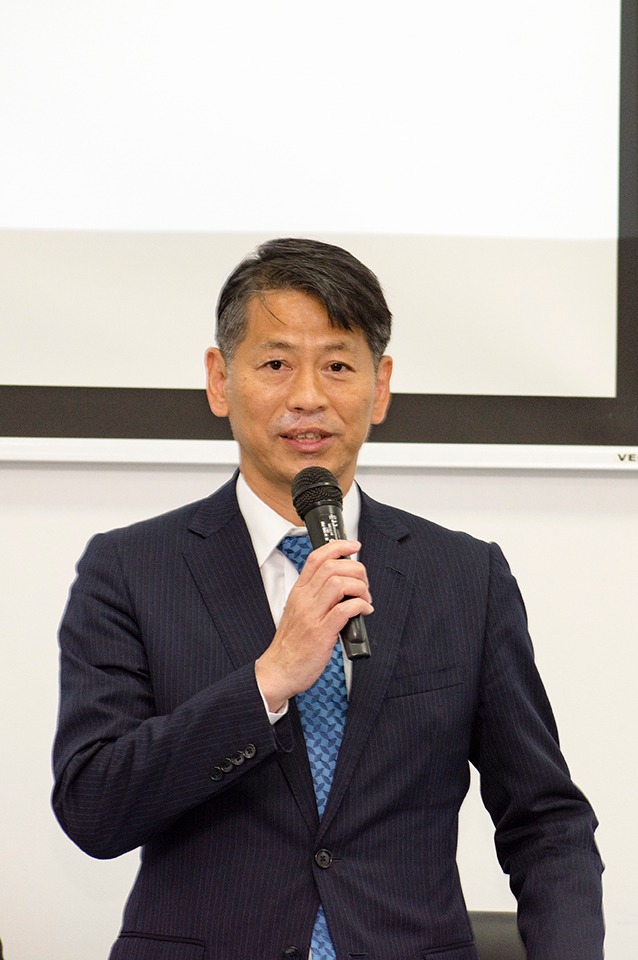
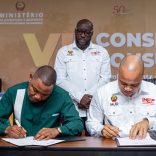

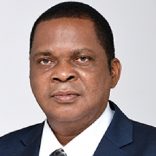
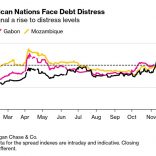
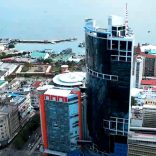





Leave a Reply
Be the First to Comment!
You must be logged in to post a comment.
You must be logged in to post a comment.